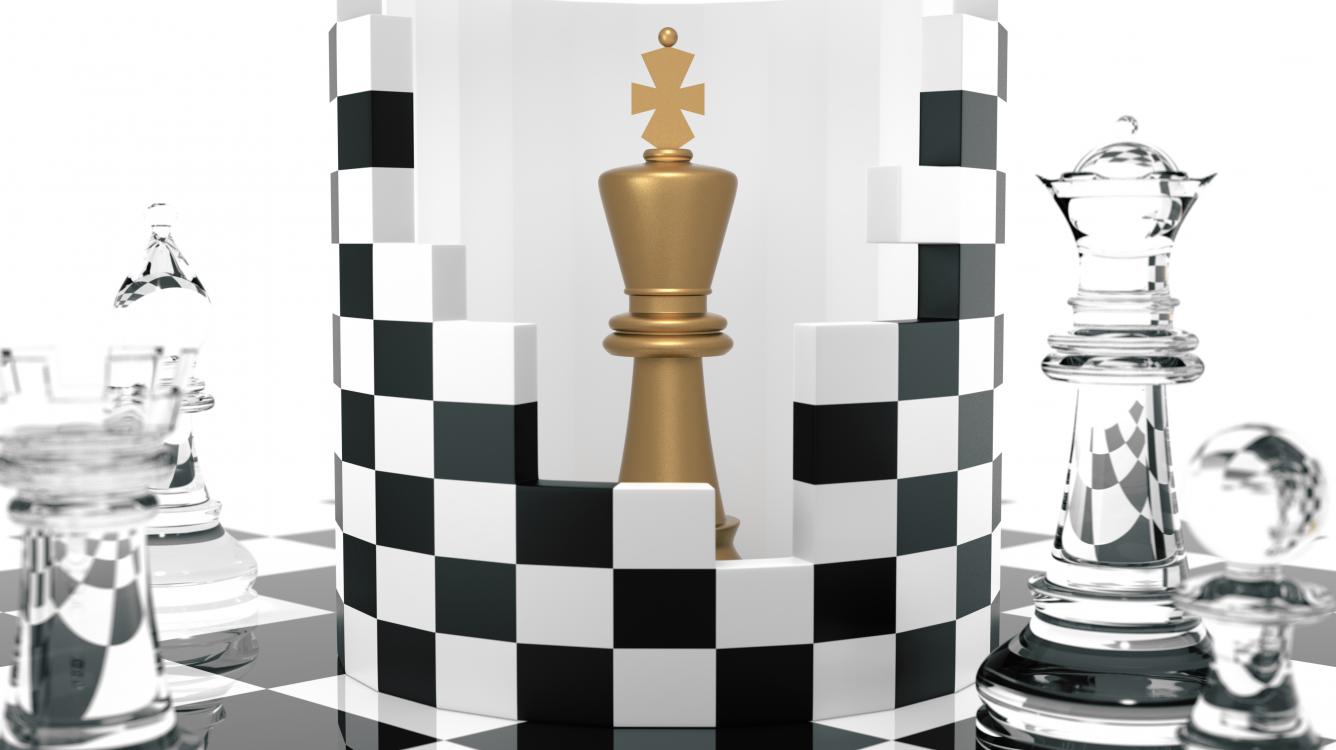
A Prison For A King
Endgames are difficult to learn for most of players who have recently begun their chess journey. Indeed, the endgame has many sets of rules that contradict well-known opening and middle game axioms. For example, an outside passed pawn, which is usually a rook or a knight pawn, suddenly becomes more important than a central one. Also, the fact that a king becomes an active participant of the game is a real revelation for inexperienced players . To dissipate their fear of centralizing the king in endgames, I usually show them the following remarkable game:
Aside from the famous game, Short vs. Timman, you won't find many examples of such a king march in the middlegame, meanwhile it is common in endgames. Therefore, if you manage to immobilize your opponent's king by putting him in a prison, it will usually bring some serious benefits. The following game demonstrates the concept quite well. I was lucky to watch it live since I played my own game on the next board.
Strong players usually don't miss opportunities to lock the opponent's king out of play, therefore I was surprised by the following mistake from GM Dominguez:

Instead, in the real game, Black missed this idea and even lost the game.
Of course, don't forget that this was just a blitz game. Meanwhile, here Carlsen got somewhat lucky; he himself used this idea in his old game vs. GM Aronian:

It is not always the case that you put your opponent's king in a prison to win the game, sometimes it is your only hope to survive, and it can be the key to some truly amazing defenses.
Try to find a draw in the following well-known problem by the great problem composer, Alexey Troitsky. It is very difficult, so if your rating is below 2000, and you manage to find the solution, take a deep breath and give yourself a huge pat on the back!
If you think that situations like this happen only in composed positions, you would be wrong. Here is a real game played between two grandmasters:
The lesson is quite simple here:
- Don't forget that kings become very active in an endgame.
- Don't miss an opportunity to lock in your opponent's king, and don't allow your opponent to do it to your own king!






